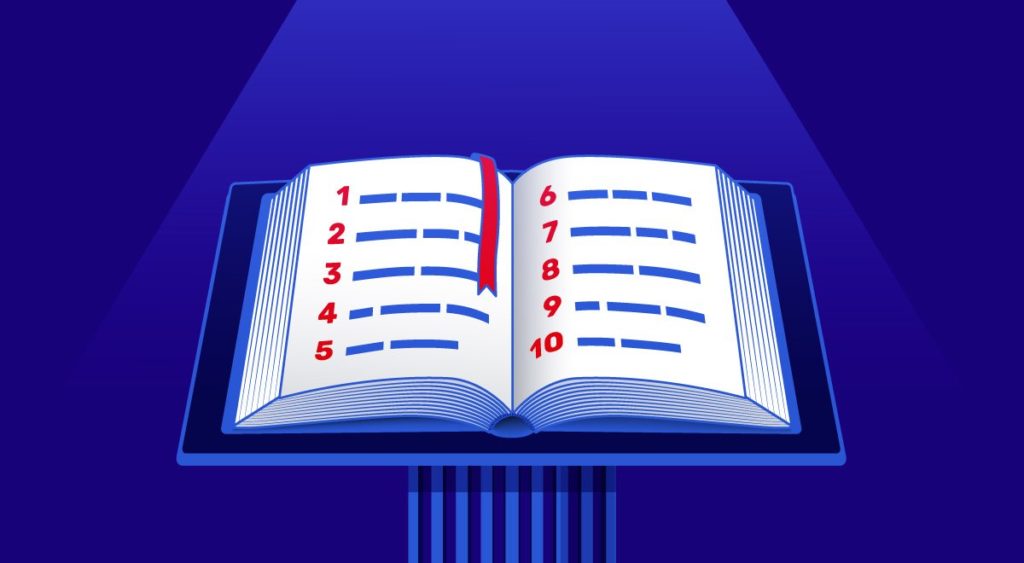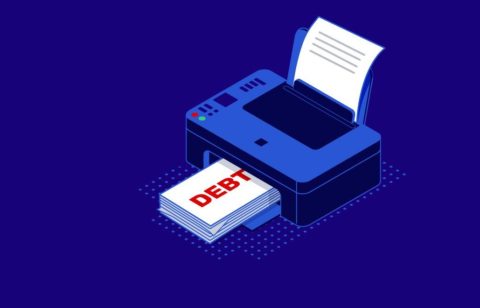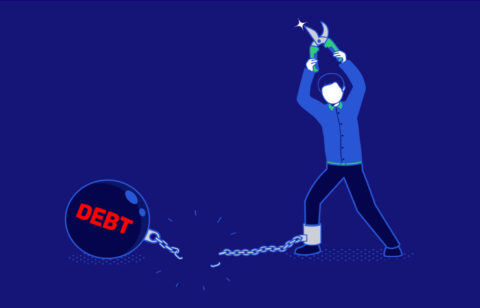Everyone needs a loan at some point in life. Most will need a mortgage to purchase a new home, financing for a new car, or some sort of line of credit to keep a business running. In fact, there’s currently $143 billion in outstanding personal loan debt in the United States, a record high. However, loan terminology can be confusing at times, and not understanding key words when it comes to your loan could cost you. If you’re confused about personal loans, here are 10 terms you should know before you talk to a lender.
1. Annual Percentage Rate (APR)
When it comes to the cost of the loan, the true cost you’ll pay a lender is captured in the annual percentage rate, or APR. The APR is the annualized interest rate you’ll pay on your loan, along with any other costs associated with the loan, such as an origination fee.
2. Origination Fee
An origination fee is a payment associated with a lender facilitating a new loan for a borrower. Sometimes, origination fees are a percentage of the overall amount borrowed; in other cases, lenders charge borrowers a flat fee.
3. Hard Credit Inquiry
A hard credit inquiry is an official review of your credit, and it’ll show up on your credit report. A hard credit inquiry can have a negative impact on your overall credit score, although it’s typically minor and usually not long-lasting. Conversely, a soft credit inquiry doesn’t show up on your credit report, and it’s often used for conditional loan pre-approval.
4. FICO Score
A FICO score is the most commonly used and accepted way to measure a person’s creditworthiness in the United States. FICO scores range from the lowest bad credit rating of 300 to a perfect credit score of 850. Scoring in the poor or bad credit range could impact your ability to qualify for a loan, and your score could affect other loan factors as well, such as your interest rate or the amount you’d be required to provide as a down payment (in the case of a property loan).
5. Debt to Income (DTI) Ratio
The debt to income ratio, or DTI, is the percentage of a borrower’s monthly income that goes toward debts. DTI is another critical factor that lenders will use to determine whether you qualify for a loan.
6. Loan Term
The loan term is the number of years for which a loan agreement will be in effect. For example, loan terms for mortgages are frequently 15 or 30 years, while auto loans typically have shorter loan terms.
7. Fixed and Variable Interest Rates
Besides the interest rate itself, understanding the loan’s interest terms is extremely important. A fixed-rate loan has an interest rate that won’t change over the life of the loan. A variable rate, however, is subject to change. Many lenders offer variable rate loans with very low introductory interest rates, particularly when it comes to refinancing or debt consolidation; however, these rates could increase substantially over the life of the loan, leaving the borrower with more interest accrued and higher monthly payments.
8. Debt Consolidation
Debt consolidation consists of combining a borrower’s outstanding personal debts, particularly credit card debt, into a new single loan. A debt consolidation loan streamlines debt repayment and often lowers the total amount of interest a borrower is accruing, all of which make the borrower’s outstanding debt more manageable. Many lenders offer loans specifically designed for debt consolidation.
9. Refinancing
Refinancing refers to replacing a current outstanding loan with a new one. For example, borrowers frequently refinance their homes to lower their monthly payments or to receive an equity cash payment they can use to pay other debts or fund renovations to improve their homes.
10. Secured Loan
A secured loan uses a borrower’s personal property, such as a home or a vehicle, as collateral. Having an asset to secure a loan helps to mitigate some of the lender’s risk and may facilitate loan approval or a lower interest rate. However, if the borrower defaults on the loan, a lender may then have a legal right to place a lien on the property that was used to secure the loan. In contrast, an unsecured loan doesn’t use any of the borrower’s assets as collateral.
Learn the Lingo
If you’re confused about personal loans, you’re in good company. At times, it can seem like the lenders are speaking a different language as you try to make the best decision you can about your financial situation. Therefore, study the terms here and do your own research and you’ll be ready to search for a good personal loan with confidence.





